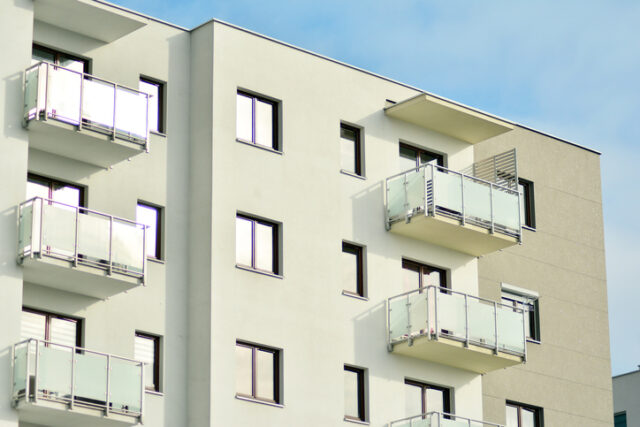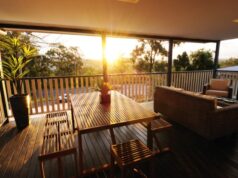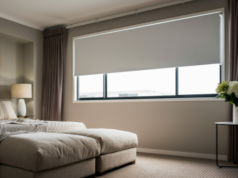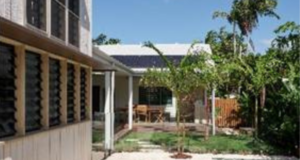
Windows are essential elements of any home. They provide natural light, ventilation and contribute to the overall comfort and energy efficiency of your living space. Choosing the right window is more important than ever in 2025, with advances in technology and a growing focus on sustainability shaping the options available to homeowners and renovators across Australia. This guide will help you navigate the key considerations to select windows that best suit your needs.
Understand your window needs
Before selecting a window type or material, it is important to understand what you want to achieve. Consider whether your priority is to maximise natural light, improve ventilation, enhance energy efficiency, reduce noise, or increase security. These goals will influence the style, glazing and frame material you choose. For example, a window designed to improve airflow may be very different from one focused on thermal insulation.
Explore the different types of windows
Australia’s building industry offers a wide variety of window styles to meet diverse needs and preferences. Awning windows, which hinge at the top and open outward, are excellent for ventilation even during rainy weather. Casement windows, hinged at the side, provide unobstructed views and effective airflow. Sliding windows are a popular space-saving choice where outward opening is impractical. Tilt and turn windows are versatile and easy to clean, opening inward for ventilation or access. Fixed windows do not open but maximise natural light and frame views beautifully. Skylights bring daylight from above, creating a sense of openness in rooms that might otherwise feel closed off. Selecting the right window type depends on the location, function and aesthetic you desire.
Prioritise energy efficiency
Windows can be a major source of heat loss or gain, affecting your home’s energy consumption. Energy-efficient windows help maintain a comfortable indoor temperature and reduce utility bills. In Australia, double glazing is now widely considered standard for new builds and renovations. This means having two layers of glass separated by a gas-filled cavity, which limits heat transfer. Low emissivity (Low-E) glass coatings reflect heat while allowing natural light to enter. Thermal breaks within window frames provide additional insulation by preventing heat conduction. Together, these features ensure your windows contribute to a sustainable and cost-effective home.
Consider noise reduction
If your home is located near busy roads, airports, or other noisy environments, you may want to consider acoustic glazing. This involves laminated glass with special interlayers that dampen external sounds. Acoustic windows can make a significant difference in creating a peaceful indoor environment, enhancing your quality of life.
Choose the right frame materials
The choice of frame material affects your window’s durability, maintenance and appearance. Timber offers natural beauty and excellent insulation but requires ongoing maintenance to protect against weathering. Aluminium is highly durable, low maintenance and available in a range of modern finishes that suit contemporary homes. uPVC frames provide good energy efficiency and require minimal upkeep, making them suitable for a variety of Australian climates. Composite frames combine materials to deliver enhanced performance and aesthetic appeal. Consider your climate, maintenance willingness and style preferences when selecting the frame material.
Comply with regulations
It is essential to ensure your window selection meets local building codes and regulations. For example, if you live in a bushfire-prone area, windows must comply with the appropriate Bushfire Attack Level (BAL) rating to ensure safety. Energy efficiency requirements set minimum standards for thermal performance, which your windows must meet or exceed. Safety standards also regulate window openings in certain rooms, such as bedrooms and bathrooms, to prevent accidents. Always consult with your local council or a building professional to ensure full compliance.
Plan for professional installation and maintenance
Even the best windows will not perform well without proper installation. Hiring qualified and experienced installers is key to ensuring windows are fitted and sealed correctly. This prevents drafts, water leaks and reduces energy loss. After installation, regular cleaning and inspections will keep your windows in good condition for years to come. Promptly repairing any damage will also maintain their energy efficiency and security.





